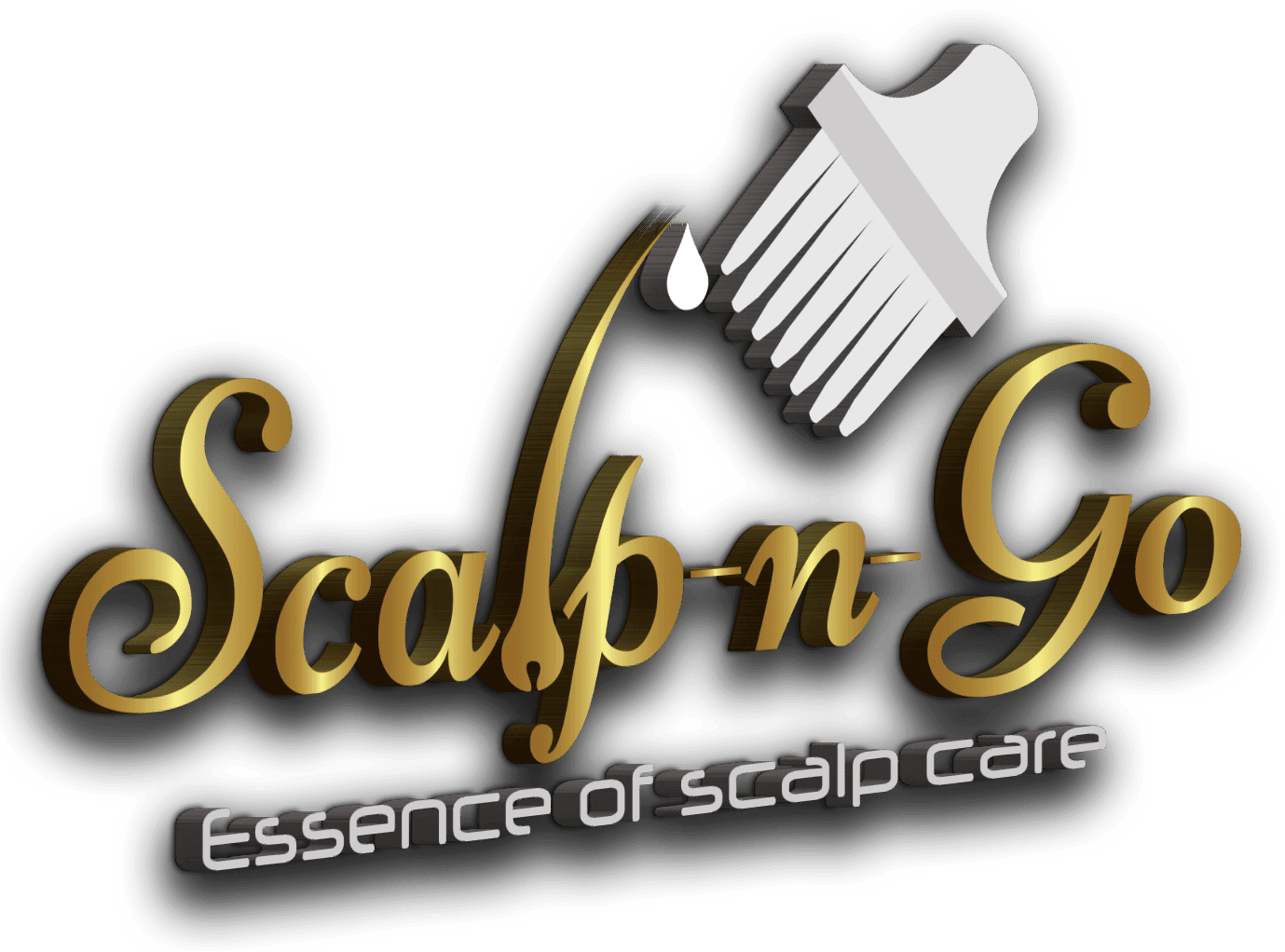About Me
Many Causes of Dandruff
- Seborrheic Dermatitis (Eczema)
- Contact Dermatitis An allergic reaction that happens when you use certain shampoos, soaps, or other products in your hair.
- Scalp Psoriasis Your immune system misfires and makes your skin cells multiply much faster than usual. Those extra cells build up on the surface of your skin and create itchy, scaly patches called plaques.
- Weather Conditions Cold weather dries out the skin all over your body, including on your scalp. Blasting the heat can also be drying.
- Product Irritation
- Shampooing Habits washing infrequently can worsen the condition. Taking extended breaks can lead to a buildup of oil that can lead to dandruff.
- Age Dandruff often begins at puberty and peaks around age 20, becoming far less prevalent among folks over 50 years old
- Sex Androgen hormones, such as testosterone, stimulate activity in the sebaceous glands.
- Hygiene
- Food Allergies
- Age. Dandruff usually begins in young adulthood and continues through middle age. That doesn't mean older adults don't get dandruff. For some people, the problem can be lifelong.
- Being male. Dandruff is more prevalent in males than in females.
- Certain illnesses. Parkinson's disease and other diseases that affect the nervous system also seem to increase risk of dandruff. So does having HIV or a weakened immune system.
- Oily Skin If you have naturally oily skin, you’re at an elevated risk for seborrheic dermatitis.
- Too Much Washing your hair every day can strip your scalp of the natural oils it needs to stay hydrated.
- Oiling Your Scalp “Certain oils applied to the scalp can cover the scale, but worsen the flaking and itching response
- Fungus (Malassezia) This fungus exists on most adults' scalps. It feeds on the oils on your scalp, breaking it down and leaving oleic acid in its place.
- Etc.......
Get In Touch
Address
Email
